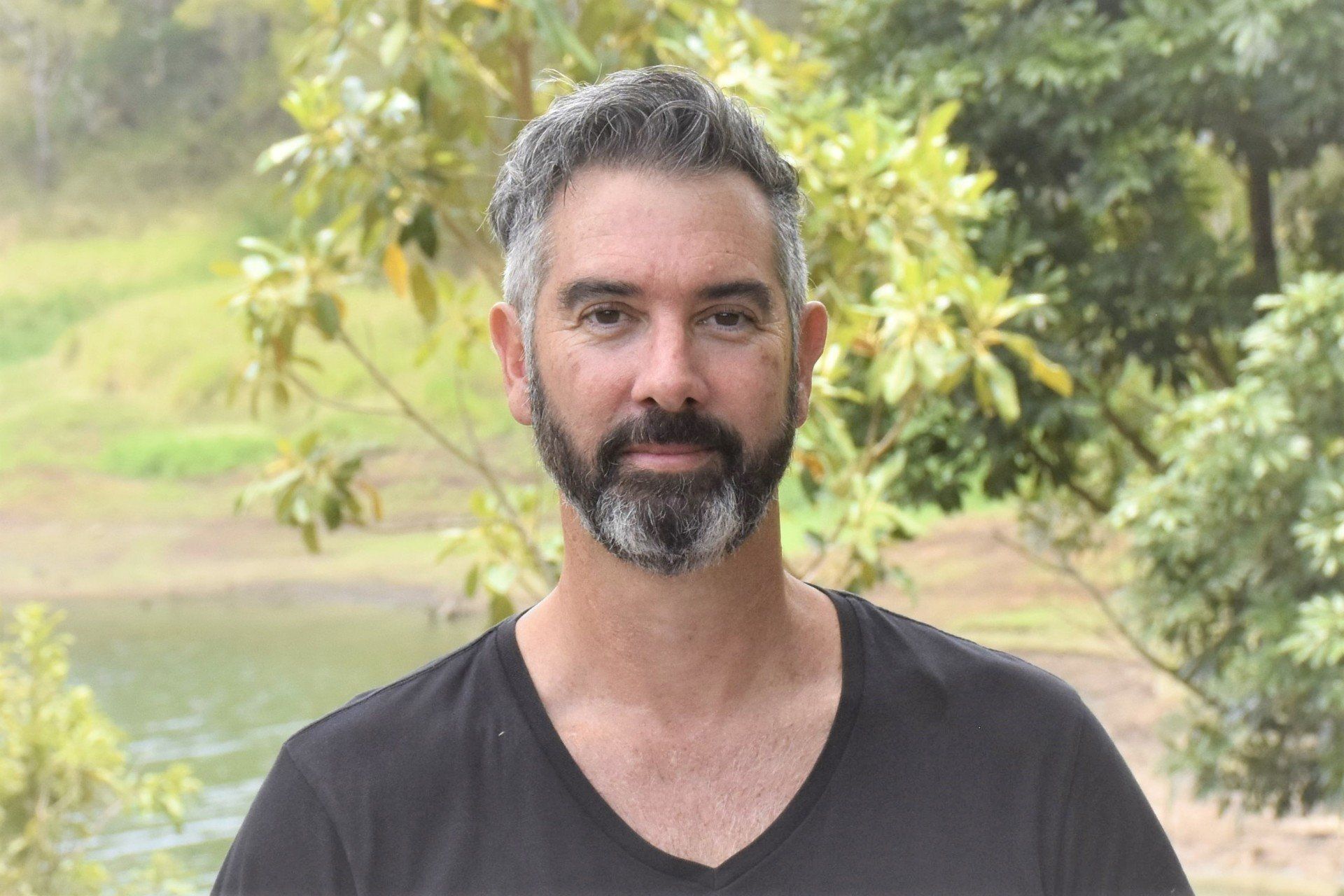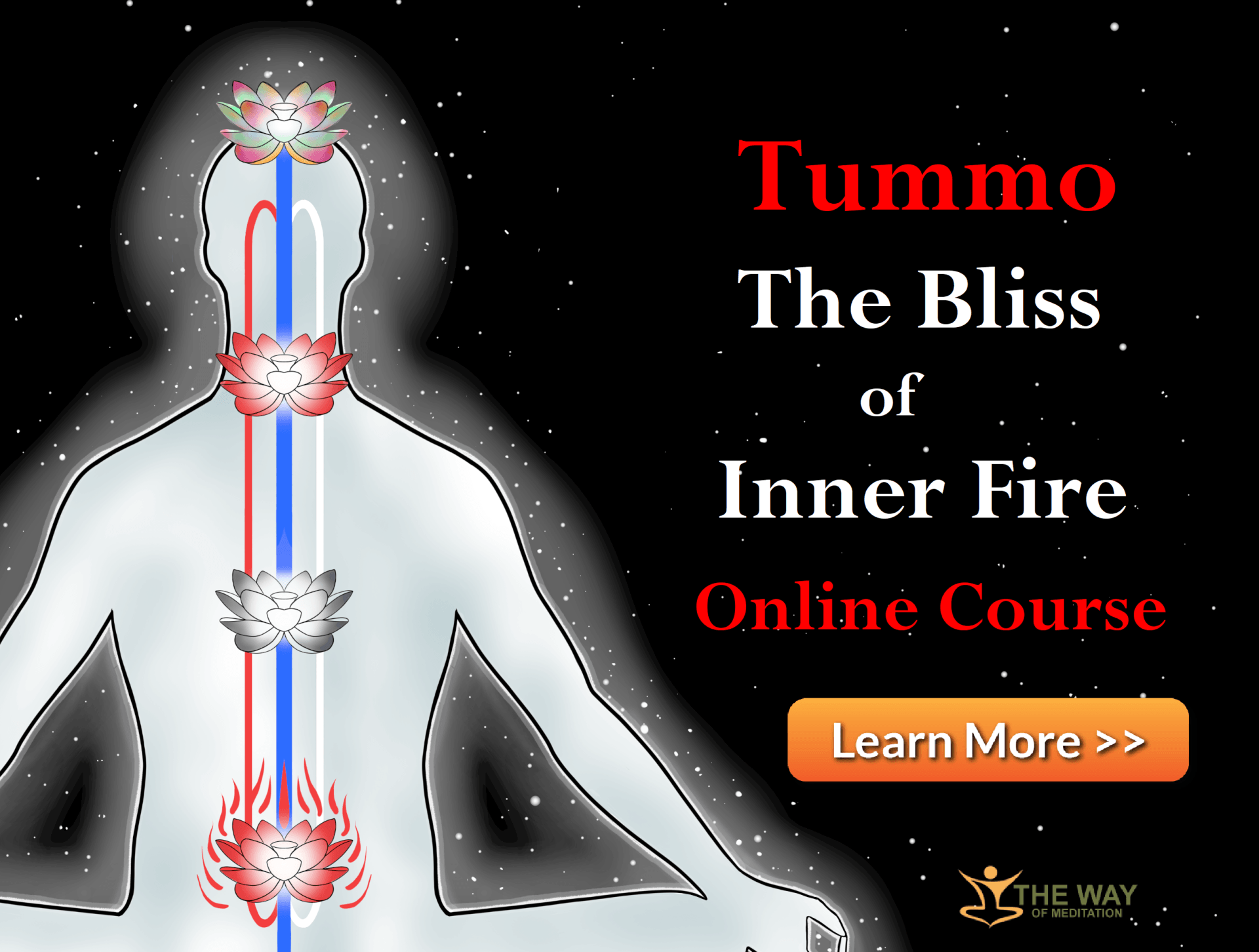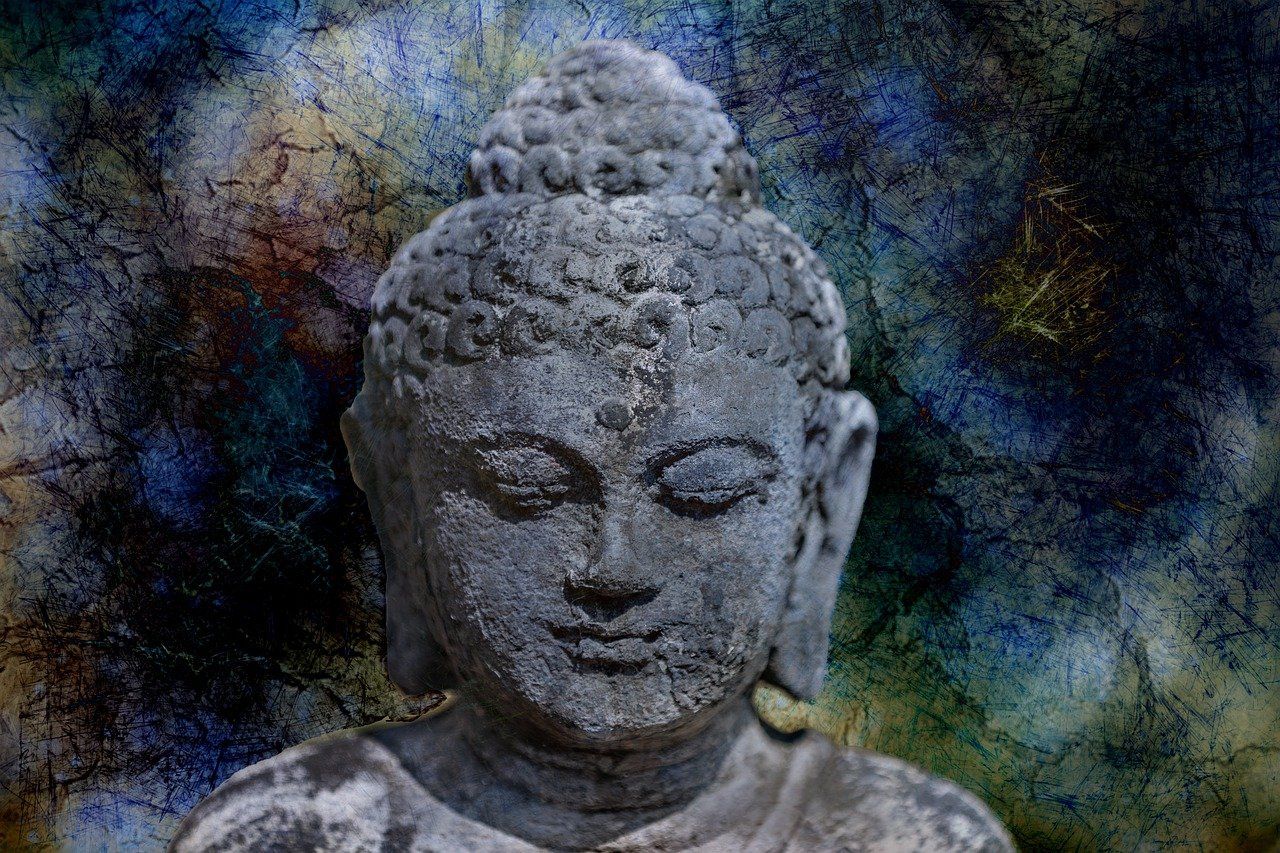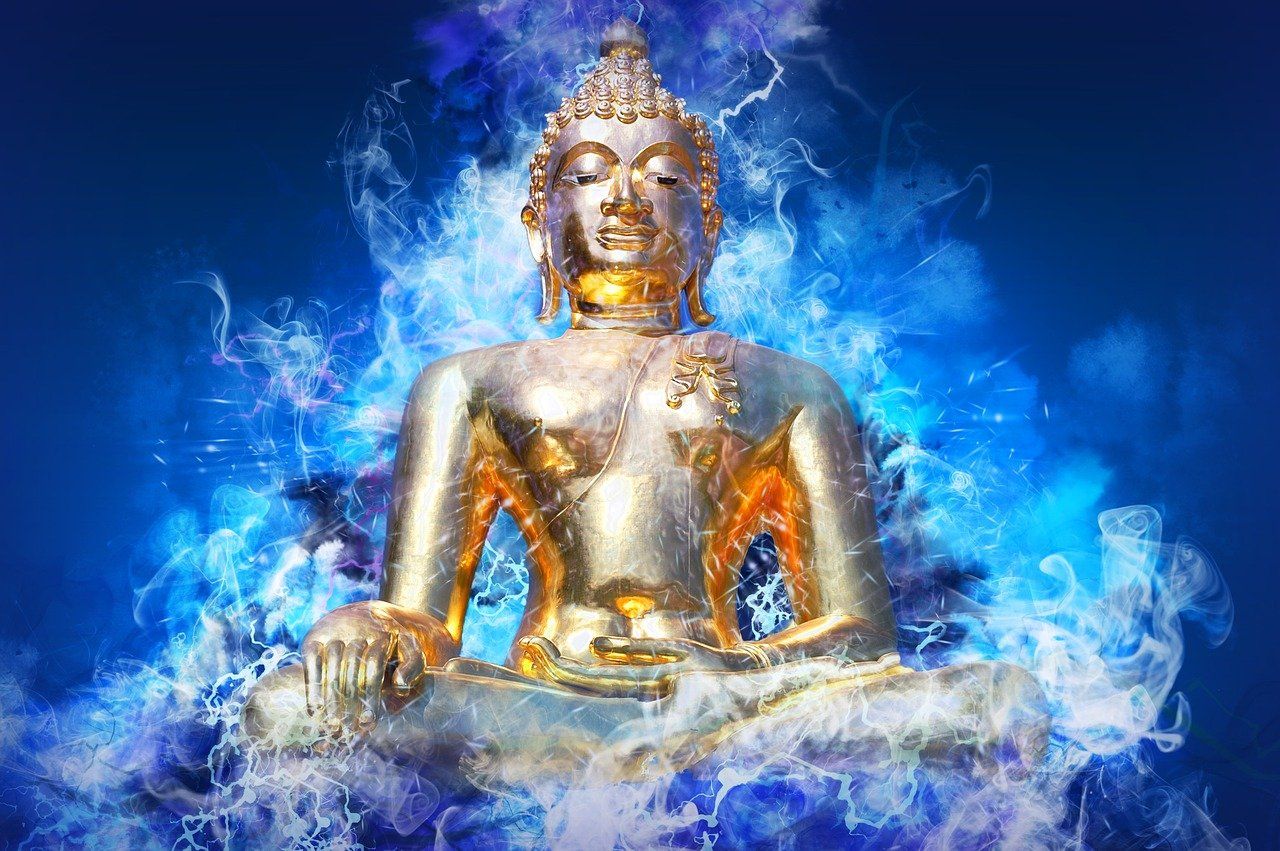The Quest for Balance: Equanimity in Meditation
The Power of Equanimity
Buddhism, with its rich tapestry of methods of meditations, offers invaluable insights into the pursuit of balance, tranquility and equanimity in our lives. I've explored many Buddhist traditions and all their various ways of meditating: and equanimity and equalizing are common themes through-out all the traditions and it's for a good reason. Equanimity is such a central theme to Buddhist meditation practice because it exemplifies the philosophy of the middle way taught by the historical Buddha which is the path to enlightenment.
Equanimity is also a practical expression of non-duality. Through meditation you begin to understand that everything is inter-connected and nothing exists in isolation or separation to anything else. Therefore it's wise to seeks states of mind that are flexible, balanced and can see the bigger picture of unity amongst diversity.
Brief Examples of Equanimity:
Mahayana Buddhism has several examples but the core one is the practice of seeing all people as equal and equally worthy recipients of our love and compassion. Equanimity is the basis upon which love and compassion can flourish.
Zen Buddhism equalizes the mundane with the profound so you get the deep and meaningful practices of doing ordinary things like drinking tea or gardening in a sacred way. This idea extends to meditating as if you are Buddha. In other words there's no fundamental difference between a Buddha and a sentient being, they are equal.
Tantric Buddhism equalizes all appearances by seeing them as the sound, love and light radiance of Buddha. A Tantric practitioner greets all people as divine emanations.
And
Theravadin Buddhism teaches the tranquility of equalizing all thoughts as empty apparitions. Becoming free from the cycle of attachment and aversion, aggression and resistance. Nirvana is the great equanimity.
From all these powerful methods arise deep states of love, compassion, peace and wisdom that enrich our lives in many ways. These four major traditions of Buddhism - Theravada, Mahayana, Tantra, and Zen - each emphasize the importance of equalizing in their unique ways. Let's take a closer look into how these traditions reflect the significance of harmonizing various aspects of our existence through equalizing and equanimity.
1. Mahayana Buddhism: The Universal Embrace of Compassion
In Mahayana Buddhism, one of the central teachings is the practice of seeing all people as equal, all worthy recipients of love and all have the potential for enlightenment. This core principle, known as the Way of a Bodhisattva, emphasizes the cultivation of boundless compassion for everyone equally and the aspiration to attain Buddhahood for the benefit of all sentient beings.
Mahayana Buddhists see every person equally has the potential for enlightenment, and the path to Buddhahood is not limited to a select few but is open to all. This inclusivity is rooted in the understanding that all beings have Buddha nature. To progress on the spiritual path means to extend compassion and loving-kindness to everyone, regardless of their background or circumstances as they are 'Buddhas to be' as meditation master Thich Nhat Hanh says.
The practice of equalizing all beings helps Mahayana practitioners overcome the barriers of egoic attachment and aversion and opens their mind to embrace all beings. In fact the Mahayana master Shantideva says all suffering in the world comes from selfish preoccupation and all happiness in the world comes from loving others equally.
This practice of equanimity; seeing all beings as equal, forms the foundation of Mahayana Buddhism's altruistic path towards enlightenment and states clearly that if you still hold any bias or hatred toward any beings enlightenment is impossible.
2. Zen Buddhism: Finding the Sacred in the Mundane
Zen Buddhism has a unique way of equalizing the mundane with the profound. This school of Buddhism is known for its emphasis on direct experience and the integration of mindfulness into everyday life. In Zen, practitioners are encouraged to find enlightenment not only in meditation but also in ordinary activities like drinking tea, gardening, or simply walking.
Zen teachings often emphasize that Buddha nature, the inherent enlightened state, is present in everything and everyone. This belief leads to the practice of seeing the sacred in the ordinary. For Zen practitioners, there is no separation between the spiritual and the secular; they are two aspects of the same reality.
When drinking tea becomes a meditative act, and the act of gardening becomes an expression of mindfulness, Zen practitioners experience the profound in the seemingly mundane. By equalizing the ordinary and the extraordinary, Zen Buddhism encourages a deep sense of presence, where every moment and every activity can become a gateway to enlightenment.
In essence, Zen reminds us that enlightenment is not confined to monastic seclusion but is accessible in our everyday lives, challenging the conventional boundaries we often place between the sacred and the profane. When Buddha is discovered in every moment all seeking and desire come to an end, and peace and wisdom are already here.
3. Tantric Buddhism: The Divine Equanimity
In Tantric Buddhism, one of the profound practices involves equalizing all appearances by seeing them as manifestations of the sound, love, and light radiance of the Buddha. Tantric practitioners view the entire universe as the expression of the divine, and all phenomena are seen as sacred.
The core concept here is that every person, every object, and every experience is a reflection of the divine. In Tantra, this recognition is taken to a profound level, where every aspect of life, including sensory experiences, emotions, and relationships, is regarded as a path to enlightenment.
A Tantric practitioner greets all people as divine emanations, recognizing the intrinsic Buddha nature within each being. This perspective leads to a profound sense of interconnectedness and bliss, as one sees the divine essence in all living beings, regardless of their external appearances or actions. Joy and bliss can be found in a blade of grass or a walk in the park.
Tantric Buddhism's equalization of all appearances extends beyond intellectual understanding; it becomes a lived experience where every moment is an opportunity to connect with the sacred. By seeing the divine in all things, Tantric practitioners aspire to transcend dualistic thinking and attain spiritual realization in the midst of everyday life.
4. Theravadin Buddhism: The Tranquility of Equanimity
In Theravadin Buddhism, the practice of equalizing all thoughts as empty apparitions is central to the cultivation of tranquility and insight. This practice involves recognizing the impermanent and empty nature of all phenomena, including thoughts and mental states. Theravadin teachings emphasize the understanding that all conditioned experiences are subject to change, devoid of inherent existence and cannot bring lasting happiness. By equalizing all thoughts as empty apparitions, practitioners aim to break free from the cycle of attachment and aversion, which leads to suffering and find the tranquility of equanimity, a wise and calm mind not attached the fluctuations of the world. .
The cultivation of equanimity is a significant aspect of Theravadin practice. Equanimity refers to the balanced and impartial response to all experiences, whether pleasant or unpleasant. By seeing thoughts as empty and impermanent and not chasing after their referred objects, individuals can develop a deep sense of inner peace and non-reactivity.
For Theravadin Buddhists, nirvana is often described as the great equanimity. It is the state of perfect peace and liberation from the turbulence of samsara. The practice of equalizing thoughts and perceptions as empty apparitions is a path towards realizing this ultimate equanimity and be free from reactivity and compulsion.
Written by Chad Foreman
Chad Foreman is the founder of The Way of Meditation, has been teaching meditation since 2003, determined to bring authentic meditation practices into the lives of millions of people in the modern world. Chad is a former Buddhist monk who spent 6 years living in a retreat hut studying and practicing meditation full time and has now has over twenty years experience teaching meditation. Chad holds regular Meditation Retreats on the Sunshine Coast Australia, has Online Meditation Coaching, delivers three online programs - The 21 Day Meditation Challenge to help guide people gradually from the basics of mindfulness and relaxation to profound states of awareness. Breath-work to help manage stress and go deeper into meditation and The Bliss of Inner Fire which is a Buddhist tantric method for purifying energy blocks and contacting the clear light of bliss. You can also now get Chad's free e-book Insights Along the Way.

Meditation Teacher Chad Foreman
Get A FREE
Guided Meditation Series
with Chad Foreman













